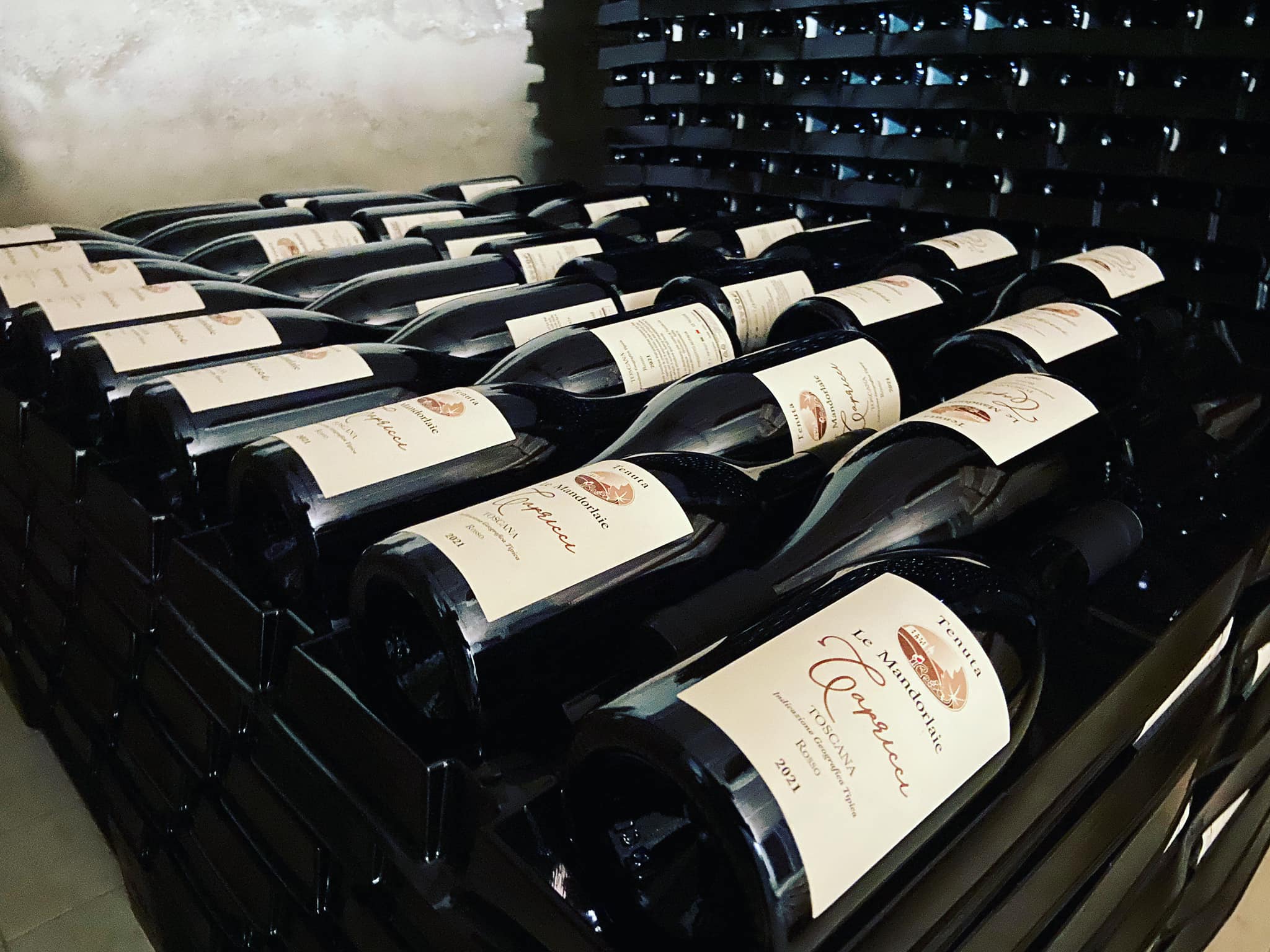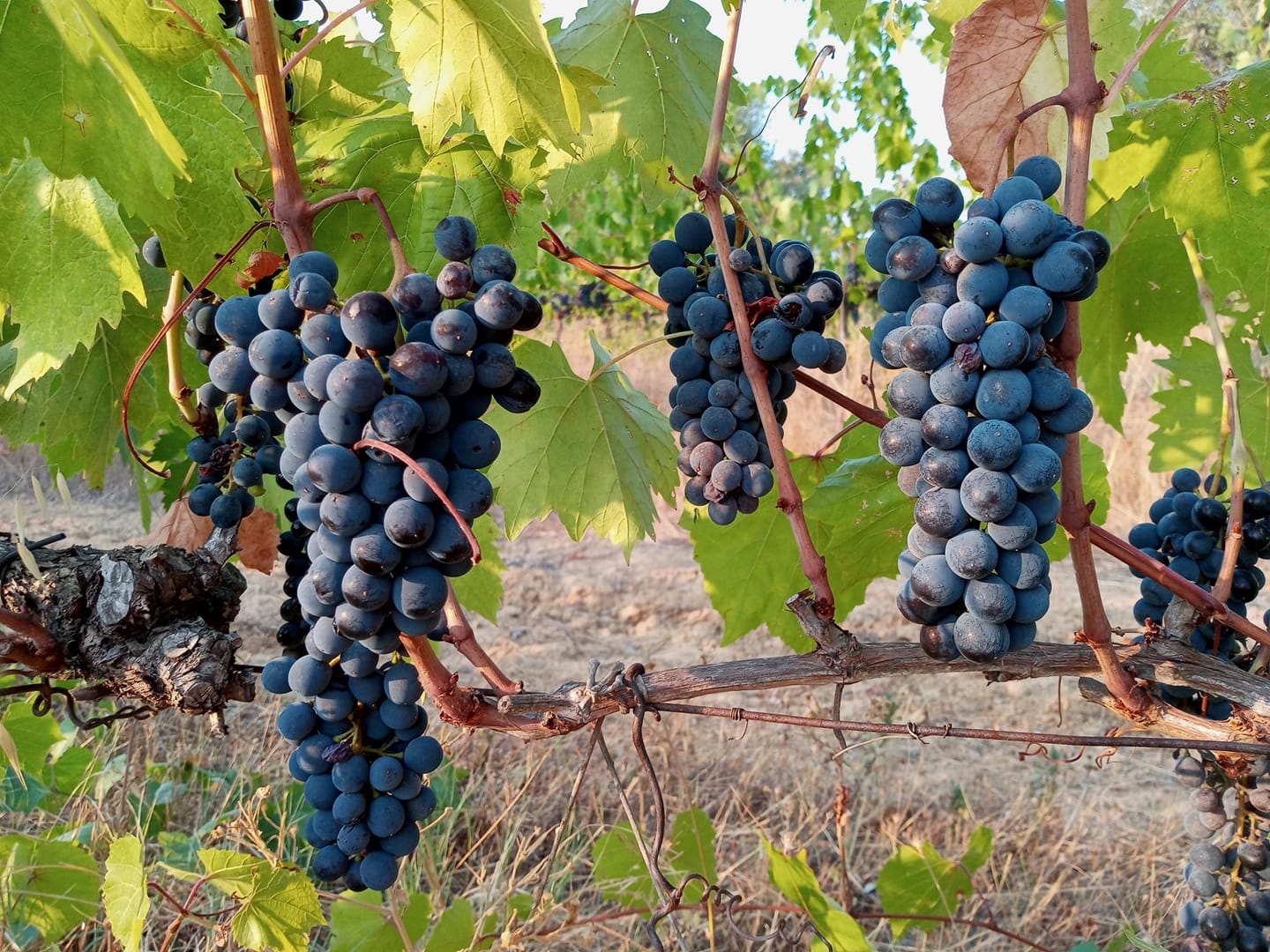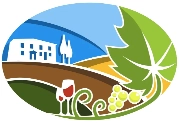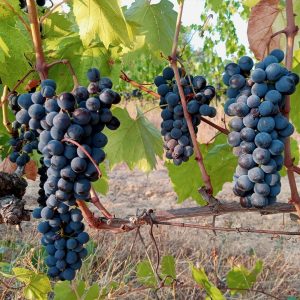
Invest in a Tuscany vineyard

The Allure of Tuscany’s Vineyards
Tuscan Wine Heritage
Tuscany boasts a centuries-old winemaking tradition dating back to the Etruscans and Romans. The region is synonymous with some of Italy’s most iconic wine varieties, including Sangiovese, Brunello di Montalcino, and Chianti Classico. Tuscan wines are celebrated globally for their quality and are often associated with fine dining and luxury living.
Scenic Beauty
Tuscany’s landscapes are legendary, featuring rolling hills, charming villages, and cypress-lined avenues. The visual appeal of a Tuscan vineyard is unmatched, making it an enticing destination for both wine aficionados and tourists.
Investment Potential
Tuscan wines have a strong global market presence, making investment in a vineyard a potentially lucrative venture. In addition to producing quality wines, owning a Tuscan vineyard can offer lifestyle benefits and diversification of your investment portfolio.
Choosing the Right Location
Understanding Tuscan Wine Regions
Tuscany is divided into several wine-producing regions, each with its unique terroir and grape varieties. Popular areas include Scansano, Chianti, Montalcino, Montepulciano, and Bolgheri. Research and visit these regions to determine which one aligns with your investment goals and preferences.
Terroir Matters
Terroir refers to the environmental factors that influence grape growth and wine characteristics. In Tuscany, factors like altitude, soil type, and microclimate play a crucial role. Consult with experts or agronomists to identify the ideal terroir for your investment.
Accessibility
Consider accessibility when choosing a location. Accessibility to major cities and transportation hubs can affect logistics, tourism potential, and overall convenience.
Vineyard Management
Expertise and Knowledge
Successful vineyard management requires a deep understanding of viticulture. If you lack expertise, consider hiring a vineyard manager or enologist who can oversee day-to-day operations and ensure the vineyard’s health and productivity.
Grape Varieties
Selecting the right grape varieties is vital. Common Tuscan varieties include Sangiovese, Cabernet Sauvignon, Merlot, and Vernaccia. Your choice should align with your wine production goals and the vineyard’s terroir.
Sustainable Practices
Sustainability is increasingly important in modern viticulture. Implementing sustainable farming practices not only benefits the environment but can also enhance the vineyard’s reputation and value.
Wine Production Facilities
Investing in a well-equipped winery is essential for processing grapes and producing wine. The size and capacity of the facility should match your production goals.
Legal Considerations
Ownership Regulations
Investing in a Tuscan vineyard as a foreigner entails complying with Italian ownership regulations. Consulting with a local attorney is advisable to navigate the legal aspects of property acquisition.
Licensing and Permits
Vineyard operation requires various licenses and permits, including those for wine production, sales, and export. Ensure you are aware of and comply with all relevant regulations.
Taxation
Understand the tax implications of vineyard ownership, including property taxes, income taxes, and potential exemptions for agricultural activities.
Financing Your Vineyard Investment
Property Purchase
The initial investment typically involves acquiring the vineyard property. You may need financing options such as mortgages, loans, or private equity to cover the purchase price.
Operating Expenses
Vineyard maintenance, labor, equipment, and winemaking costs are ongoing expenses. Ensure you have a comprehensive budget and access to necessary funds to cover these expenses.
Return on Investment (ROI)
Consider the time horizon for your investment and calculate potential returns based on wine sales, appreciation of the property, and other income streams such as agritourism or wine tourism.
Marketing and Sales, invest in a Tuscany vineyard
Brand Development
Building a strong brand is essential for the success of your Tuscan wine. This includes creating a unique label, establishing a compelling story, and implementing effective marketing strategies.
Distribution Channels
Decide how and where you will distribute your wine. Options include direct sales to consumers, local wine shops, restaurants, and international exports. Each channel has its pros and cons, so choose wisely.
Wine Tourism
Leverage Tuscany’s tourist appeal by offering wine tours, tastings, and events. Wine tourism can generate additional income and promote your brand.
Potential Challenges
Climate Variability
Tuscany’s climate can be unpredictable, with vintage variations affecting grape quality. Implementing climate mitigation strategies and having insurance in place is advisable.
Market Competition
The global wine market is competitive. Conduct thorough market research to identify trends and opportunities, and be prepared to adapt your business strategies accordingly.
Regulatory Changes
Wine regulations and tariffs can change, impacting exports and pricing. Stay informed about international trade policies and plan for potential disruptions.
So should you invest in a Tuscany vineyard?
When you invest in a Tuscan vineyard it offers a unique blend of passion, lifestyle, and financial opportunity. However, it requires careful planning, due diligence, and a commitment to excellence in viticulture and winemaking. With the right location, management, legal considerations, financing, and marketing strategies, your vineyard investment can flourish in this storied region. Whether you are a wine enthusiast or a savvy investor, owning a piece of Tuscany’s winemaking legacy can be a rewarding endeavor, yielding both financial and personal satisfaction.


